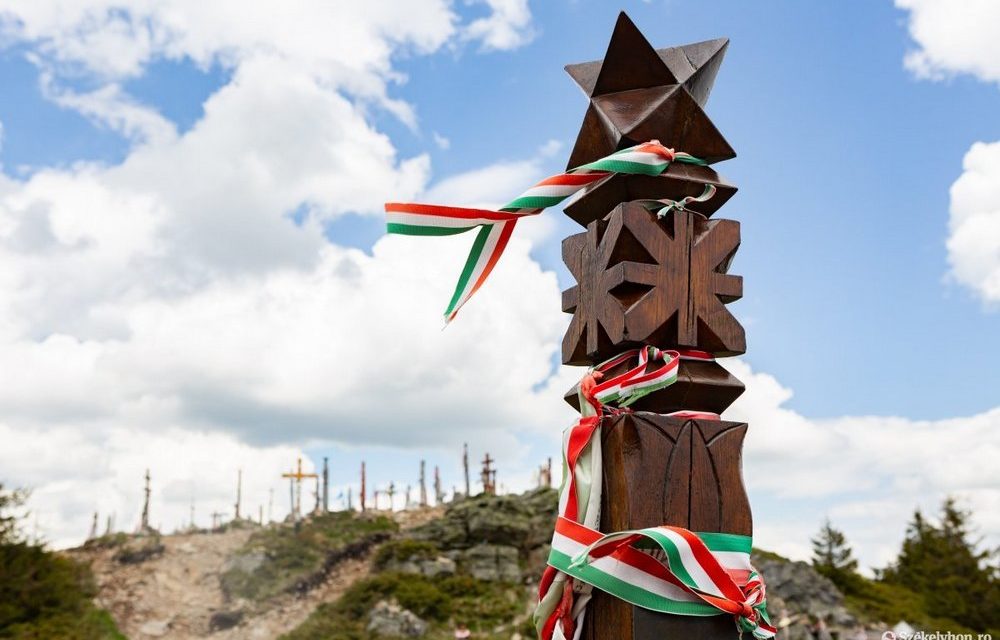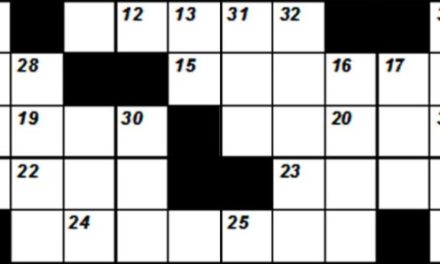In the three huge libraries of my university, I could hardly find any information about Transylvania. Geography books and encyclopedias only knew about it that the western province of Romania, which at the time belonged to the Roman Empire under the name of Dacia, and its natives still speak Latin, writes Zsolt Bognár on Kontra.hu .
"All books and studies in which Hungary or Hungarians in general were discussed came from the time after the 1870s, and the authors' names were mostly German or Czech, but there were Romanians and Croatians as well.
Most of the authors were university professors with degrees from the Sorbonne, who, through a book publishing company founded by Masaryk, integrated themselves into the textbook supply institutions of American, English, and French public education, and began to spread the well-organized anti-Hungarian propaganda that ultimately led to Trianon.
(The so-called Czech mafia organized by Masaryk and Benes during the First World War - ed.) Hungarian authors either did not write good textbooks at that time, or Hungarian educational institutions did not ensure that these books were translated into foreign languages and found their way into foreign countries. towards universities. In several encyclopedias of different editions and published at different times, for example, I found the following word-for-word sentences, from which it could be concluded that they came from the same person:
»Hungary, as such, never existed in reality, just a loose unit with many people under the collective name of the countries of the Holy Crown. In the beginning, this country also had Hungarian rulers, but from the fourteenth century onwards, only Czech, German, Italian, Polish and Romanian kings wore the crown of the country's founding Hungarian king, Saint Stephen. During the last four centuries, these same countries already belonged to the Habsburg Empire.«
In another place: »Hungarians can only be considered a small part of the ruling nobility and gentry class, who owned the land, while the serf, and then after the so-called 'liberation', the peasant consisted of the various subjugated nationalities living there, some of whom after a while, their landlords forcefully explained...«
(Wertheimer: History of Europe, 1901, Böhm Verla, Wien-New York, page 31.) The following sentence can also be found in the above-mentioned book, which the Hungarian government at the time would certainly have protested if it had become aware of it:
»The Hungarians are a quarrelsome, restless, barbarian people who shamefully oppress other nationalities, who rebelled again and again against their rulers, with the aim of breaking the unity of the multilingual empire.«”
Source: Mandiner / kontra.hu
Cover photo: szekelyhon.ro













